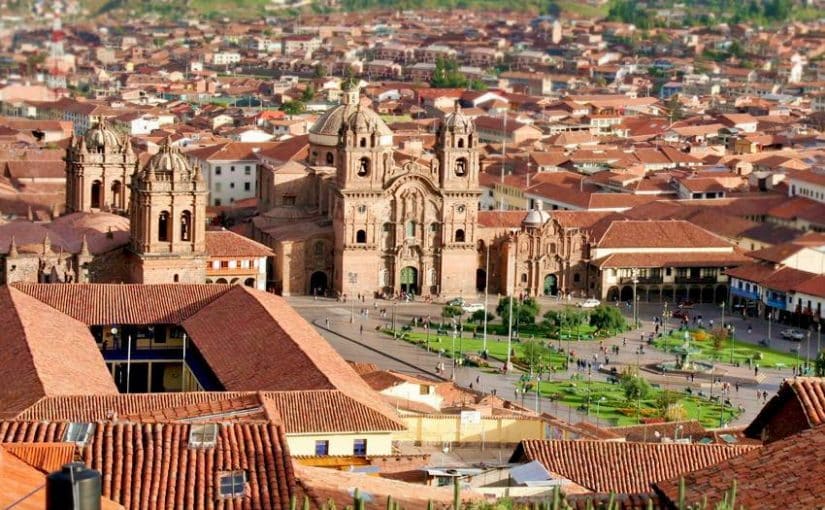
Qallarinapaq | Introduction
In this unit, we will learn the basic greetings in Quechua. In the dialogs that you will observe, pay attention to the key terms like the ablative manta that indicated «place of origin», as well as the term kay that means «to be». In the same way, we invite you to complete the exercises presented in this unit and listen to the audios that accompany each dialog.
NOTE: The ablative manta Also refers to a specific topic of conversation (but we will address this in later units). For example: Quechuamanta rimashani – I am talking about Quechua.
¡Qallarisun! / Let's get started!

Qillqa | Grammar
The use of the ablative manta
Manta = can mean «from, since, about». In this case, we will learn to indicate where a person is from.
We will use it in sentences that respond to questions of origin, for example: From where?
Let's look at the following sentences that use the ablative manta:
- ¿Maymanta kanki? | Where are you from?
- Qusqumanta kani, ¿qamrí maymantakanki? | I am from Cusco (Cusco in Quechua is Qosqo) and you? Where are you from?
When we say Qusqumanta kani literally we are saying «from Cusco I am».
And other examples when we say I am from a determined place:
Abancaymanta kani (I am from Abancay),
Limamanta kani (I am from Lima)
Punomanta kani (I am from Puno)
Boliviamanta kani (I am from Bolivia)
Ecuadormanta kani (I am from Ecuador), among others.
And other examples when we say you are from a determined place:
Let's look at this conversation:
- Manuel: ¿Maymanta kanki Beatriz? | Where are you from, Beatriz?
- Beatriz: Punumanta kani | I am from Puno
- Beatriz: ¿Qamrí maymantakanki manuel? | And you? Where are you from, Manuel?
- Manuel: Andahuaylasmanta kani. | I am from Andahuaylas.
And other examples when we say you are from a determined place:
Limamanta kanki (you are from Lima),
Paucartambumanta kanki (you are from Paucartambo)
Ayavirimanta kanki (you are from Ayaviri)
Parurumanta kanki (you are from Paruro)
Ecuadormanta kanki (you arę from Ecuador), among others.
Let's look at more examples, and pay attention to the ablative manta which indicates place of origin.
Matilde: Where are you from, Roger?
Roger: I am from Cusco. And you? Where are you from?
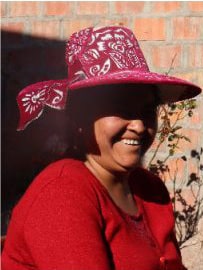
Matilde: ¿Maymanta kanki Roger?
Roger: Qusqumanta kani, ¿Maymanta kanki Matilde?
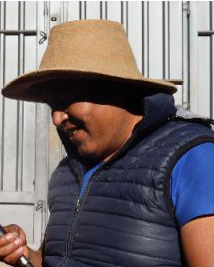
Timoteo: Where are you from, Bertha?
Bertha: I am from Sicuani. And you? Where are you from?
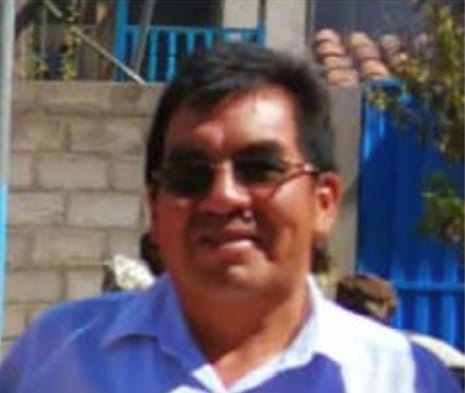
Timoteo: ¿Maymanta kanki Rosa?
Bertha: Sicuanimanta kani, ¿Maymanta kanki Timoteo?
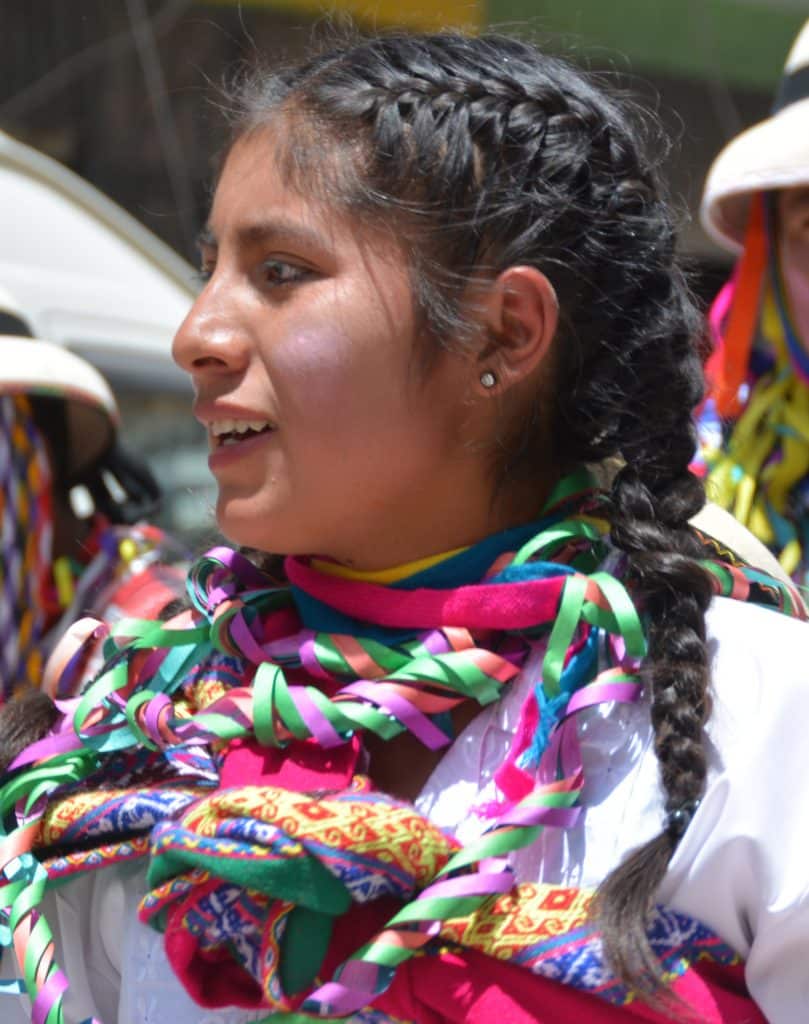
Next, pay attention to the images from different places, the word llaqta refers to «place» whether that be city, village, small town, community, etc.
When we say Andahuaylas llaqta we say city or village or small town of Andahuaylas. For example, we can say Andahuaylas llaqta, Huancavelica llaqta, Curahuasi llaqta, Qosqo llaqta, among others.
Also, we can add «manta» after llaqta. For example, if you are from the city of Lima, you can say:
*Limamanta kani or *Lima llaqtamanta kani
Let's look at more conjugations:
| Ayacuchomanta kani | Ayacucho llaqtamanta kani | I am from Ayacucho |
| Arequipamanta kani | Arequipa llaqtamanta kani | I am from Arequipa |
| Huanucomanta kani | Huanuco llaqtamanta kani | I am from Huanuco |
| Tacnamanta kani | Tacna llaqtamanta kani | I am from Tacna |
It's the same when we say were some in the second person (you) is from, we can say «manta» after llaqta. For example, if the person is from the city of Abancay, you can say:
*Abancaymanta kanki or *Abancay llaqtamanta kanki
Let's look at more conjugations:
| Graumanta kanki | Grau llaqtamanta kanki | You are from Grau |
| Antamanta kanki | Anta llaqtamanta kanki | You are from Anta |
| Espinarmanta kanki | Espinar llaqtamanta kanki | You are from Espinar |
| Tacnamanta kanki | Tacna llaqtamanta kanki | You are from Tacna |
Next, click on the following section ruwapakuy (exercises) and you will put into practice what we have learned in units 4 and 5.

Rimanakuna | Vocabulary
Keep in mind that these are words that are repeated throughout this unit and are important to remember to continue enriching your vocabulary.
| Llaqta | pueblo, ciudad, comunidad |
|---|---|
| Ayacuchomanta | De Ayacucho |
| Arequipamanta | De Arequipa |
| Huanucomanta | De Huánuco |
| Tacnamanta | De Tacna |
| Graumanta | De Grau |
| Antamanta | De Anta |
| Espinarmanta | De espinar |
| Limamanta | From Lima |
| Paucartambumanta | De Paucartambo |
| Ayavirimanta | De Ayaviri |

Ruwapakuy | Exercises
Exercise 1
In your notebook, fill in the blanks (___) with the answer that corresponds, for example:
We will look at the case of this image that corresponds to Qosqo llaqta (city of Cusco).
Qosqo llaqta
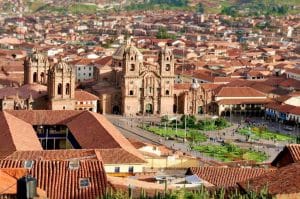
Question: ¿Maymanta kanki? | Where are you from?
Answer: Qosqomanta kani | I am from Cusco.
Another valid response is: Qosqo llaqtamanta kani |I am from the city of Cusco.
Click on the play icon and repeat out loud:

Austin llaqta
Question: ¿Maymanta kanki?
Answer: Austinmanta kani / Austin llaqtamanta kani.
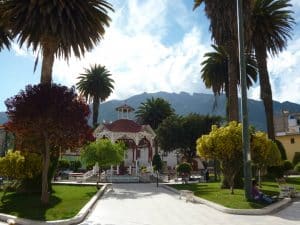
Abancay llaqta
Question: ¿Maymanta kanki?
Answer: _______ ______ / _______ _____ ______.

Quito llaqta
Question: ¿Maymanta kanki?
Answer: _______ ______ / _______ _____ ______.

Paris llaqta
Question: ¿Maymanta kanki?
Answer: _______ ______ / _______ _____ ______.

Puno llaqta
Question: ¿Maymanta kanki?
Answer: _______ ______ / _______ _____ ______
It's not complicated, right? Let's practice together:
Exercise 2:
Pick one of the images (from Exercise 1) and practice the following dialogue.
Example:
- ¿Maymanta kanki? | Where are you from?
- Austinmanta kani / Austin llaqtamanta kani | I am from Austin.
Now you try:
- ¿Maymanta kanki?
- _________manta kani (iindicate the name of your hometown, city, or place of origin and add the term «manta» or «llaqtamanta» at the end).
For example: Californiamanta / California llaqtamanta, Washingtonmanta / Washington llaqtamanta, Limamanta / Lima llaqtamanta, Tijuanamanta / Tijuana llaqtamanta, Sicuanimanta / Sicuani llaqtamanta.
Add the words that correspond to the blank spaces in the table. Use the examples to say that you are from one of the following places:
| Name | manta | llaqtamanta |
|---|---|---|
| Santiago | Santiagomanta | Santiagollaqtamanta |
| Buenos Aires | ||
| Cochabamba | ||
| La Paz | ||
| El Agustino | ||
| Comas | ||
| Copacabana | ||
| Chimborazo | ||
| Paucartambo | ||
| Sicuani |
In this section, there will be a combination of what we have learned initially (greetings), ablative «manta» (of origin), and we will learn how to do a personal introduction (in first person) as well as how to present a third person.
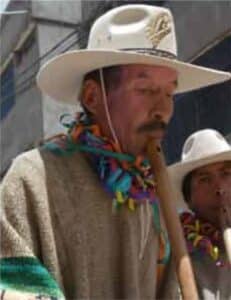
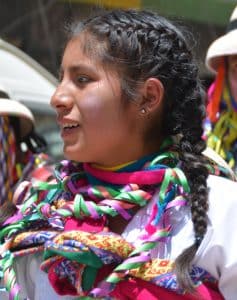
Alberto: ¿Allillanchu panay Carmen?
Carmen: Allillanmi turay Alberto, ¿Allillanchu?
Alberto: Allillanmi panay
Carmen: ¿Maymanta kanki turay?
Alberto: Curahuasimanta kani, ¿Qan maymanta kanki panay?
Carmen: Ayacuchomanta kani turay
Personal Introduction / Ñuqa kani
Ñuqa Francisco Avalos kani
Ñuqa Curahuasimanta kani
Ñuqa campesino kani
Introduction of a 3rd person / Pay
Pay Emperatriz Alarcón | She is Emperatriz Alarcón
Pay Abancaymanta | She is from Abancay
Pay yachachik | She is a professor
Pay attention to the dialogue and complete the information with one of the following options:
Dialogue 1: *Imaynallan *wayqey *allillanmi ñañay *turay *ñañay
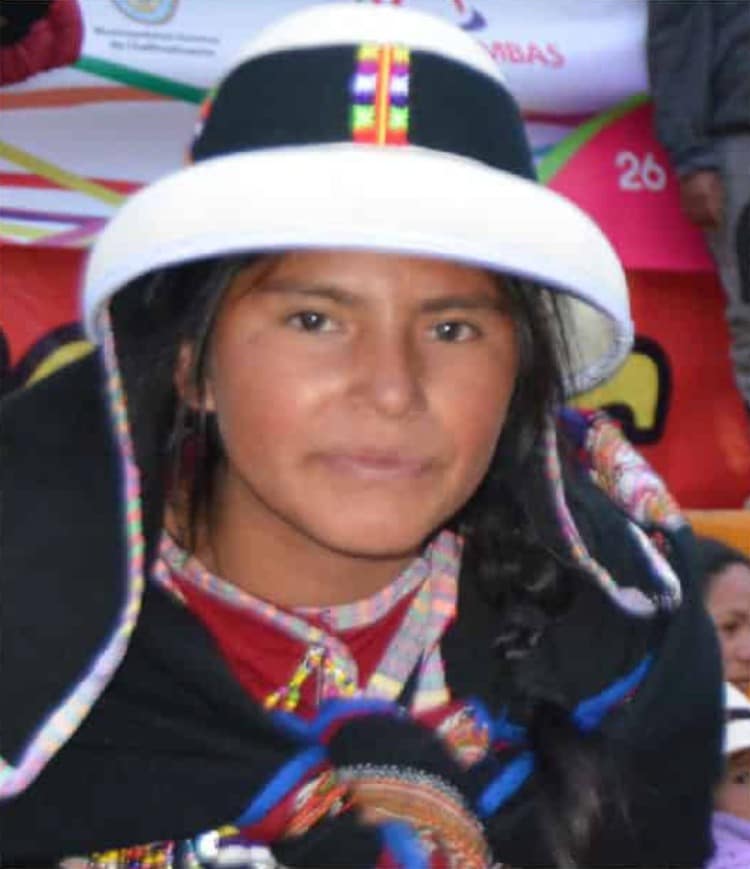
Maria: ¿Imaynallan turay?
Alberto: Allillanmi panay.
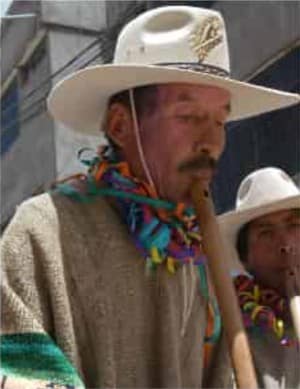

Maria: ¿Imaynallan___________?
Beatriz: ___________ _____________.
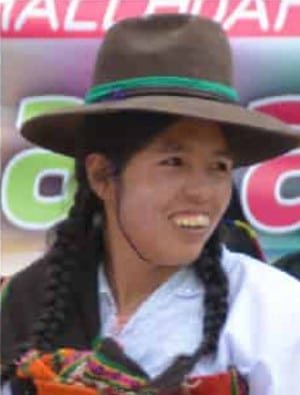

Juan: ¿Imaynallan wayqey?
Fidel: Allillanmi ____________.
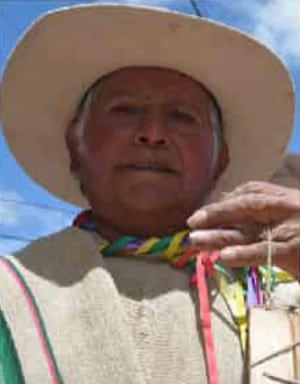

Pedro: ¿Imaynallan panay?
Lucía: Allillanmi ____________.
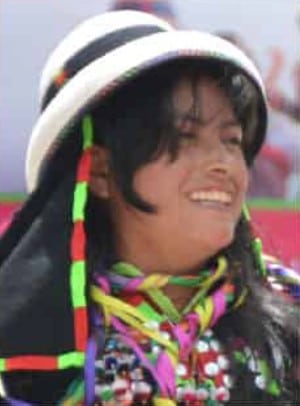
Dialogue 2: * turay *kani panay *panay *kanki *kani *turay *Qosqomanta *qan maymanta *wayqey *kani *maymanta *ñañay *qan *kani waywey
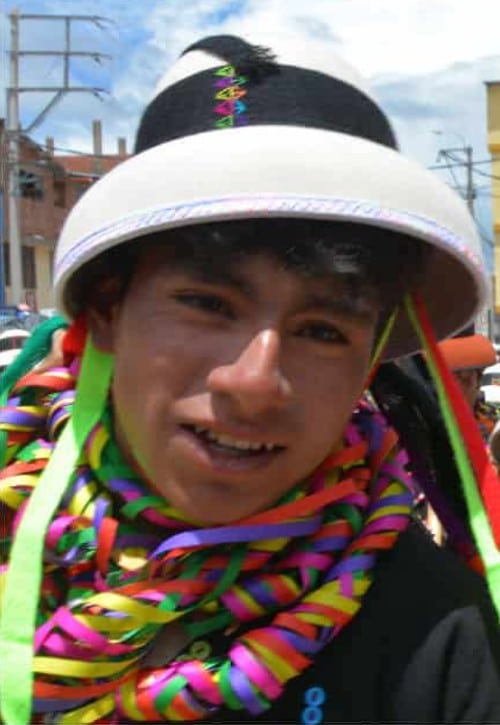
Miguel: ¿Maymanta kanki panay?
Francisca: Qosqomanta kani turay, ¿qan maymanta kanki?
Miguel: Ayacuchomanta ________.
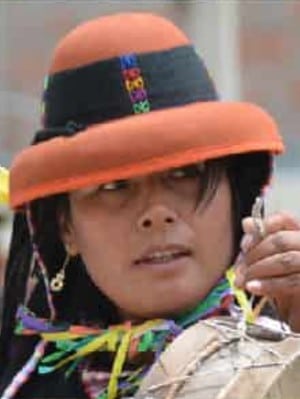

Javier: ¿Maymanta ____ wayqey?
Pedro: __________ kani _________
¿qan _________ kanki?
Juan: Limamanta _______ ________
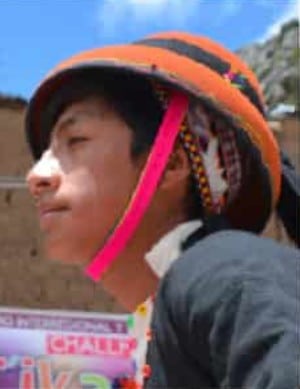

Maria: ¿Maymanta kanki _______?
Santiago: Sicuanimanta _____ ______
¿ ________ _________ kanki?
Maria: Punomanta kani _________
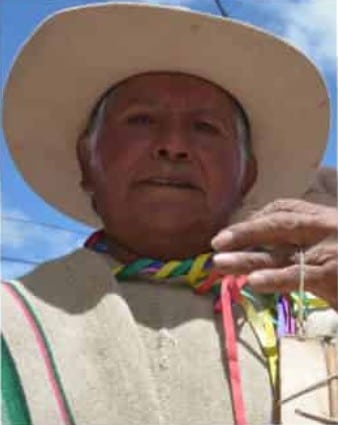

Karen: ¿Maymanta kanki __________?
Patricia: Austinmanta________ ñañay
¿ ________ maymanta kanki?
Karen: Abancaymanta _______ ñañay.
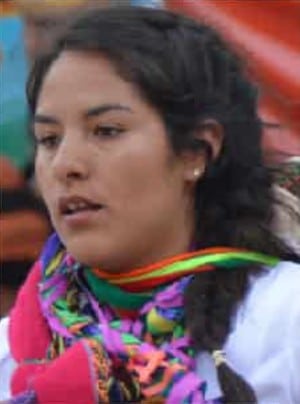
Once you have finished these exercises, you will be able to listen to the answers by clicking on the audios, so that you will also be able to practice your pronunciation.
Answers
Dialogue 1:
Dialogue 2:

